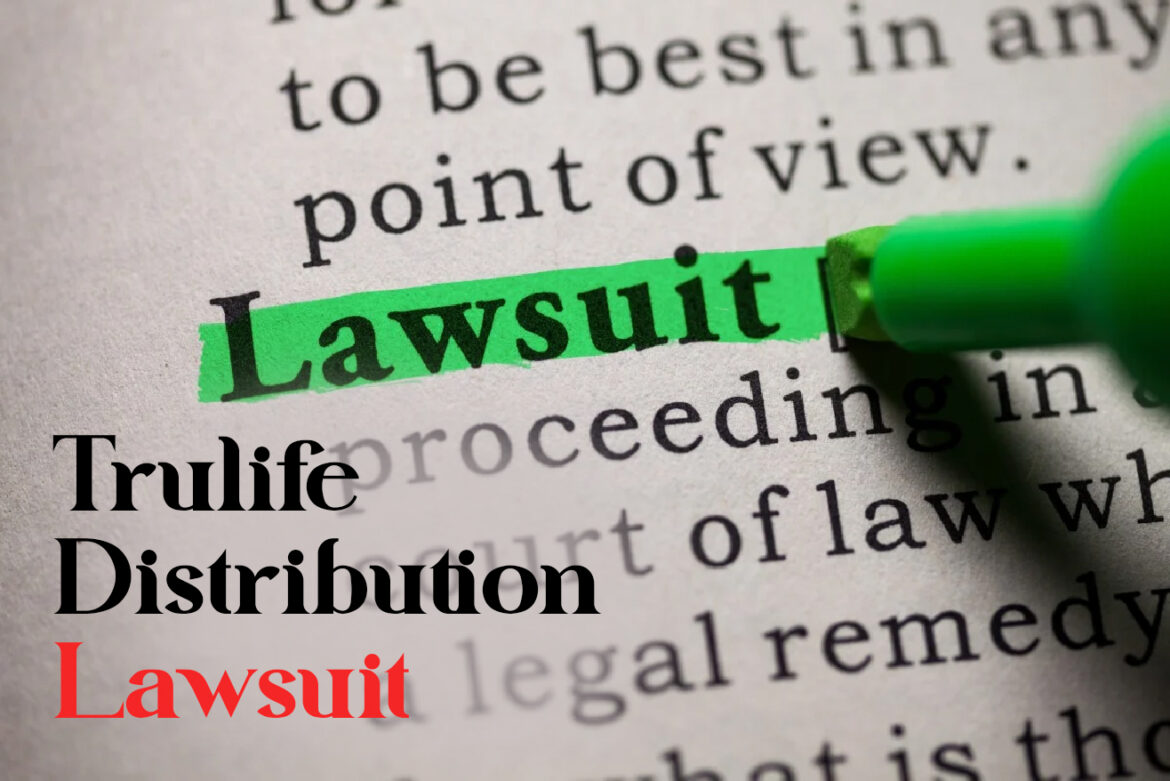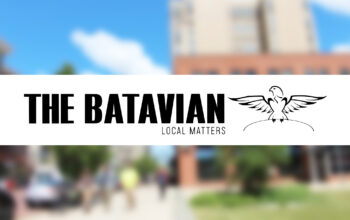Introduction to the Trulife Distribution Lawsuit
In business and corporate competition, lawsuits often reflect more profound stories of rivalry, alleged misconduct, and the complexities of trade practices. One such case that has caught the attention of many in the corporate and legal world is the lawsuit involving Trulife Distribution. This lawsuit, filed on May 6, 2022, in a U.S. District Court in Florida, pitches two closely linked entities against each other in a battle of legal wits and allegations of deceptive practices. At the center of this lawsuit is Brian Gould, associated with Trulife Distribution, facing severe accusations from NPI, a company founded and owned by his father, Mitch Gould.
Background of the Involved Parties

Understanding the involved parties’ backgrounds is crucial to grasp this lawsuit’s essence fully. Trulife Distribution, led by Brian Gould, was founded in 2019. Before establishing Trulife, Brian Gould spent 13 years at the helm of NPI, a company dedicated to assisting foreign and U.S. brands in expanding their distribution reach within the United States. NPI was founded in 2008 by Mitch Gould, marking a significant presence in the distribution sector. The familial ties between the two Goulds add a layer of complexity and intrigue to the lawsuit.
Core Allegations in the Lawsuit
The lawsuit filed by NPI against Trulife Distribution brings forth several grave allegations. The primary accusation centers around Trulife making false and misleading statements in commercial advertisements and promotions. NPI claims these actions were intentional and aimed at deceiving their prospective clients. Specifically, the complaint highlights that Trulife used case studies and testimonials originally belonging to NPI, misleading potential clients into believing these were Trulife’s achievements. According to NPI, this alleged misrepresentation was not only deceitful but also harmful to their business, causing competitive or commercial injury.
Misuse of Intellectual Property
A critical point of contention in this lawsuit is the alleged misuse of intellectual property. NPI contends that Trulife, under Brian Gould’s direction, used NPI’s case studies to attract clients, falsely presenting them as their own. Presenting another company’s achievements as one’s own is a serious allegation in the corporate world, often leading to legal repercussions.
Email Fraud Allegations
Adding to the case’s complexity, NPI accuses Trulife of using an email address that mimicked NPI’s domain to mislead potential clients. This action, if proven true, raises questions about ethical practices and borders on legal violations related to cyber laws and email fraud.
Also Read: Great Western Buildings Lawsuit
Legal Basis of the Allegations

The lawsuit alleges violations of several laws:
- It claims Trulife violated the Florida Deceptive and Unfair Trade Practices Act, a statute designed to protect consumers and competitors from deceitful business practices.
- The federal Lanham (Trademark) Act, which governs trademarks, service marks, and unfair competition, is cited.
- The complaint mentions the federal Anticybersquatting Consumer Protection Act, highlighting the seriousness of the alleged email fraud.
Previous Litigation History
Interestingly, this is not the first legal encounter between these two entities. A previous lawsuit filed by NPI against Trulife was reportedly resolved through mediation on July 8, 2021. The current allegations suggest that the disputed activities occurred after this settlement, indicating a continuation or resurgence of the contentious issues between the two companies.
NPI’s Demands and Legal Remedies Sought
In response to these allegations, NPI is not just seeking a judicial declaration of wrongdoing. Their demands include permanent injunctions against Trulife, effectively restraining them from misrepresenting NPI’s case studies as their own and from creating misleading email accounts. Furthermore, NPI seeks compensatory and punitive damages, along with the coverage of attorney’s fees and court costs, a common recourse in such legal disputes to recoup financial losses and deter future misconduct.
Implications of the Lawsuit

The Trulife Distribution lawsuit is more than a legal battle; it represents a crucial narrative in corporate ethics, intellectual property rights, and competitive practices. It underscores the importance of honesty and integrity in business communications and the severe consequences that can arise from deceptive practices. For the industry, this case serves as a reminder of the thin line that often exists between aggressive marketing strategies and unlawful misrepresentations.
Furthermore, the familial element of this lawsuit adds an intriguing dimension. Each leading a competing company, the father-son dynamic provides a unique backdrop to the legal proceedings. It raises questions about legacy, business succession, and familial relationships within the corporate context.
Conclusion
As the lawsuit unfolds, the legal and business communities will undoubtedly closely monitor the developments. The outcome of this case could set important precedents regarding intellectual property rights, email fraud, and unfair trade practices. It also highlights the importance of ethical behavior in business operations, a principle that transcends industry boundaries. As with any legal dispute, the final judgment will be crucial in determining the future course for Trulife Distribution and NPI, shaping their destinies and sending ripples across the broader business landscape.




